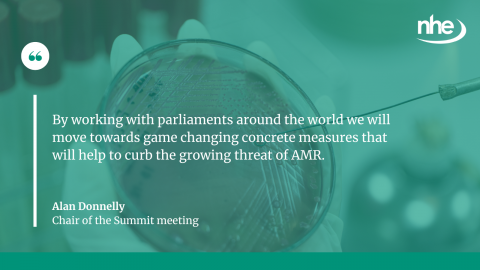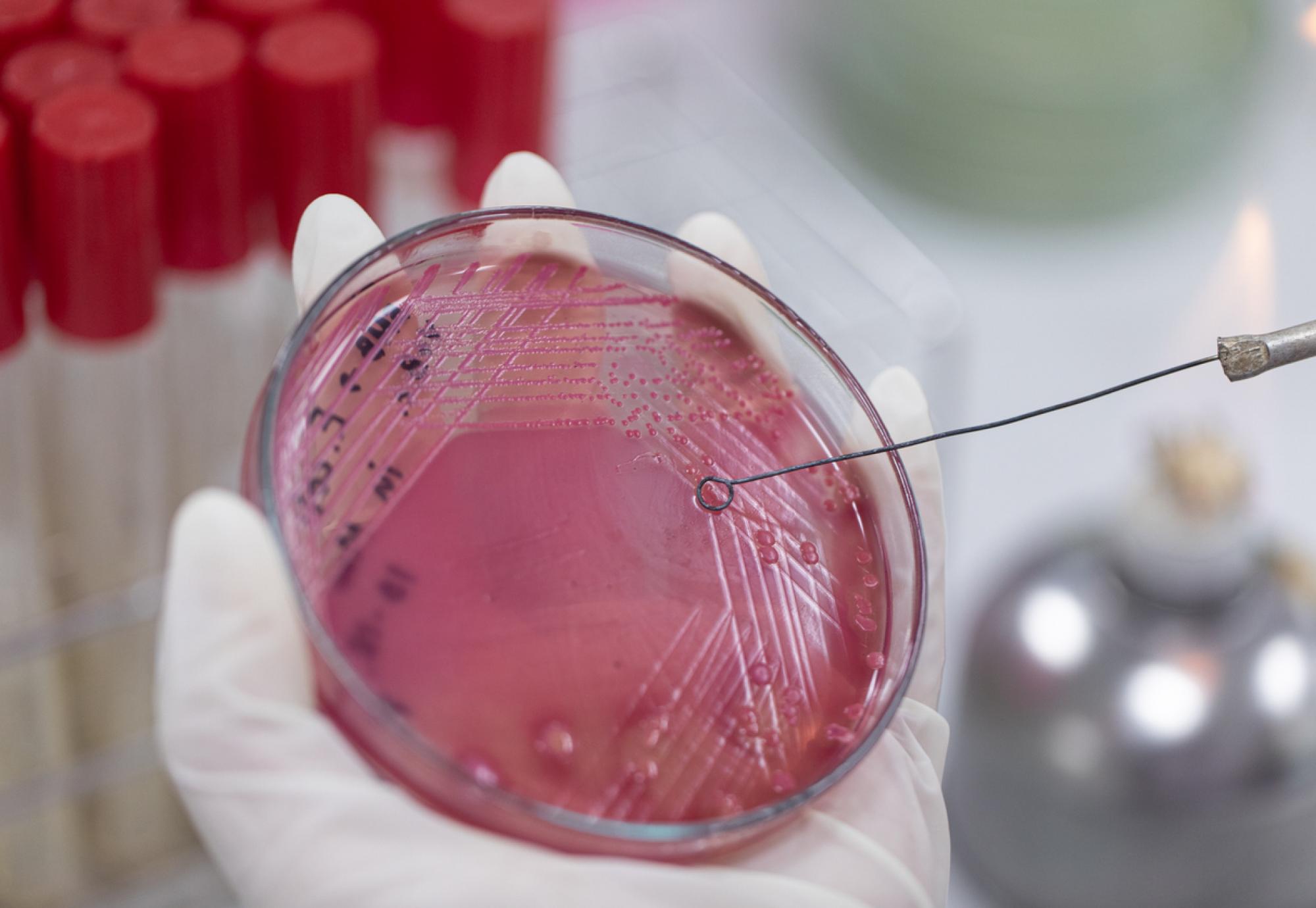Health leaders at the G7 and G20 Health Summit have moved to press home the growing threat of antimicrobial resistance (AMR) and sepsis, warning that — without action — it will overwhelm national health services across the globe.
In collaboration with 140 English and French-speaking parliaments, the summit was held at the World Health Organisation’s (WHO) Geneva headquarters over the last two days and culminated in the launch of a new toolkit for the members of parliament to urge their national governments to urgently implement measures that will address the rising number of deaths from the issue. It is thought that five million people die from drug-resistant diseases across the world each year.
WHO says that, while as many as 170 countries around the world have AMR plans, the majority are not properly funded or implemented.
The UK Government launched a five-year AMR plan this year, outlining targets to reduce the use of antimicrobials, strengthen drug-resistant infection surveillance, and incentivise industry to develop the next generation of treatments.
A range of measures are being called for, including for ministers to be held accountable to the implementation of AMR plans, with regular progress reports featuring detailed information on the financing of research and product development.
Countries are also being urged to appoint an AMR envoy — a role currently held in the UK by Professor Dame Sally Davies, England’s former chief medical officer.

The recommendations in the AMR Global Legislators Report were compiled by three key people over a period of six months:
- Dame Angela Eagle DBE — a Labour Party MP for the constituency of Wallasey since 1992 and is currently up for reelection with the UK Parliament dissolved
- Professor Agnès Buzyn — former French health minister
- Dr Christopher Kalila — chair of the Zambian National Assembly Health Committee
“The challenge of tackling AMR is one of unique complexity and ever-growing importance,” said Eagle.
“This report focuses on what Parliamentarians around the world can best do to both hold their own Governments to account for progress & keep a political focus on what is too often seen as just a medical issue.”
Also welcoming the project, the summit meeting’s chair, Alan Donnelly, added: “By working with parliaments around the world we will move towards game changing concrete measures that will help to curb the growing threat of AMR.”
Dame Angela Eagle concluded: “If AMR renders all antibiotics powerless to fight infection the world will enter a very dark place indeed with routine medical procedures becoming too dangerous to use.
“We must avoid this dystopia by working together and holistically to slow the spread of resistant pathogens, discover new treatments & distribute them equally across the globe. Parliamentary accountability will be key to progress in this crucial battle.”
Image credit: iStock



















